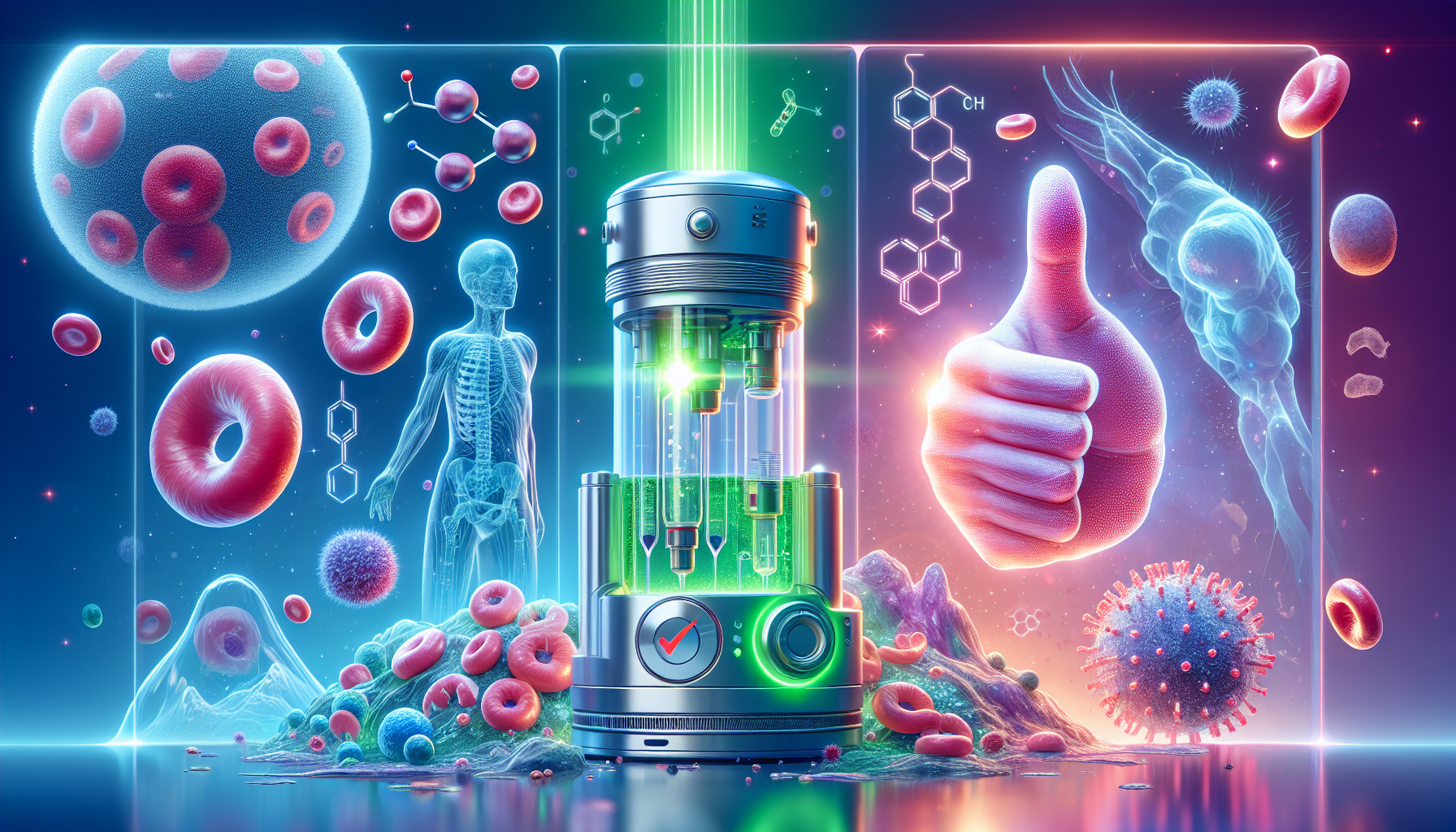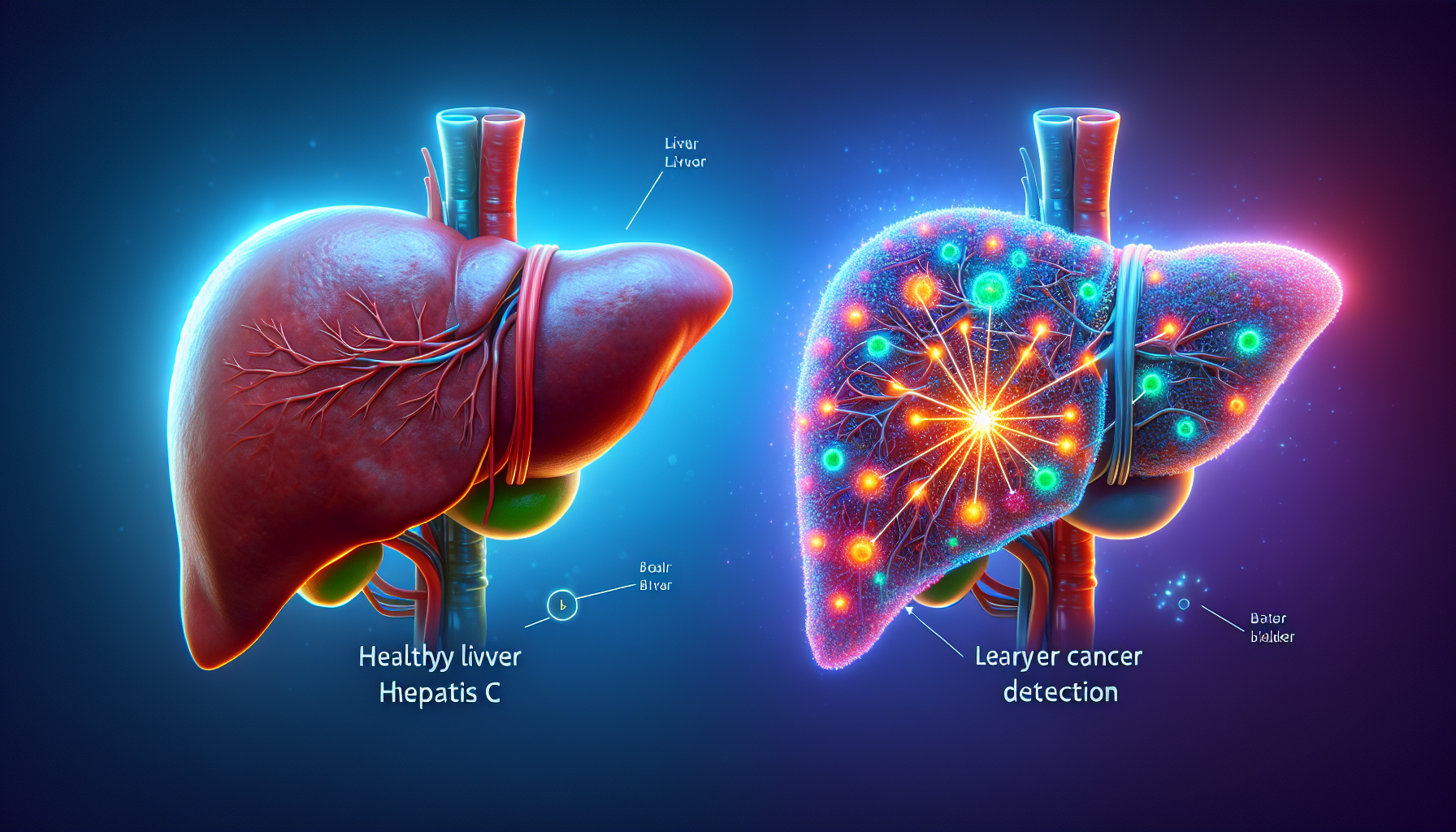How Tumor Mutations Influence Kidney Cancer Treatment Outcomes
Key Takeaways
- Tumor mutational burden isn't a consistent predictor for kidney cancer outcomes.
- PBRM1 mutations are linked to better immunotherapy responses in specific contexts.
- AI and comprehensive data integration are crucial for advancing precision cancer medicine.
Did You Know?
Introduction to Tumor Mutations in Kidney Cancer
Research into cancer has increasingly focused on understanding how tumor mutations and the immune microenvironment interact, especially in kidney cancer. This research aims to predict responses to treatment, understand resistance mechanisms, and translate these findings into better clinical outcomes for patients.
The Role of Tumor Mutational Burden
Tumor mutational burden (TMB) refers to the number of mutations within a tumor's DNA. High TMB has been linked to better responses to immunotherapy in some cancers. However, in kidney cancer, the relationship between TMB and treatment outcomes is still being explored.
Studies have shown that while TMB can be a useful predictor in some cancers, it does not consistently predict outcomes for all patients with kidney cancer, indicating the need for additional biomarkers.
Biomarkers for Immunotherapy Response
Other potential biomarkers being investigated include gene expressions related to immune responses and inflammation, as well as specific genetic mutations. For example, mutations in the PBRM1 gene have been associated with better responses to immunotherapy in kidney cancer.
Research also highlights the complexities, revealing that PBRM1-related responses can vary depending on previous treatments and the clinical context in which immunotherapy is used.
The IMmotion150 and CheckMate 025 Studies
The phase 2 IMmotion150 study explored how combining the PD-L1 inhibitor atezolizumab with the VEGF inhibitor bevacizumab could impact patients with advanced renal cell carcinoma (RCC). It was found that molecular profiles like angiogenesis-related gene expression could predict treatment outcomes.
Similarly, the phase 3 CheckMate 025 study evaluated another combination of immunotherapy and targeted therapy, further emphasizing the role of specific genetic mutations, such as PBRM1, in predicting responses to treatment.
The Promise of Artificial Intelligence in Precision Medicine
Artificial intelligence (AI) has the potential to revolutionize precision medicine by integrating vast amounts of biological and clinical data. Machine learning can help identify patterns and predict which tumors are likely to respond to specific treatments.
However, studies reveal that AI models need to be biologically informed to improve their interpretability and effectiveness. This approach is still evolving, and more research is needed to fully leverage AI in this field.
Using Multiplex Data for Enhanced Insights
To advance our understanding, researchers are combining multiple types of data, such as RNA sequencing, genomic sequencing, and immunohistochemistry. This comprehensive approach can provide deeper insights into tumor biology and therapy responses.
Integrating these diverse data sources helps in the broad evaluation of how tumors interact with their microenvironment and respond to treatments.
Challenges and Future Directions
Despite the progress, there are challenges, such as the variability in response based on clinical contexts and the need for better biomarkers. Continued research focuses on refining these approaches to improve predictability and enhance patient outcomes.
Future studies aim to incorporate more advanced techniques and emerging technologies to address these challenges and provide new perspectives on cancer treatment.
Importance of Comprehensive Mutational Analysis
Comprehensive analysis of both coding and noncoding mutations can reveal critical insights into tumor responses. Researchers are also focusing on analyzing single-cell transcriptomes to better understand the dynamics within tumor microenvironments.
These advanced analyses are crucial for improving our ability to predict which patients will benefit from specific treatments.
Potential of Foundational Models in Cancer Research
Foundational models, including those used in imaging and single-cell analysis, have shown promise. These models can support the discovery of new biomarkers and therapeutic targets by integrating comprehensive biological data.
Utilizing foundational models alongside traditional approaches could lead to significant advancements in precision cancer medicine.
Conclusion: Bringing Research to Clinical Practice
The ultimate goal of these investigations is to improve patient care by translating research findings into clinical practice. By understanding the nuances of tumor responses and leveraging advanced technologies, we can tailor treatments more effectively and improve outcomes for kidney cancer patients.






